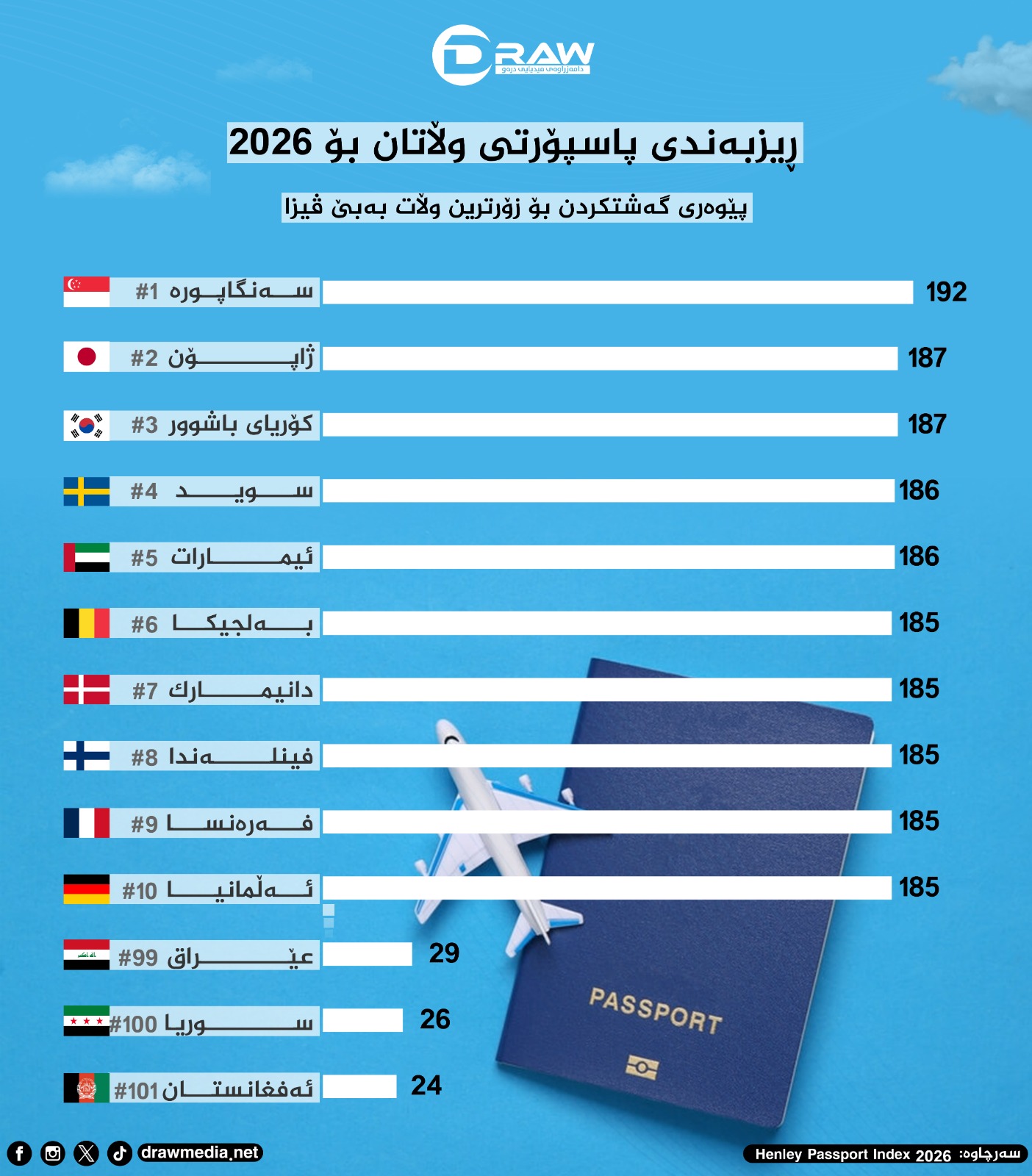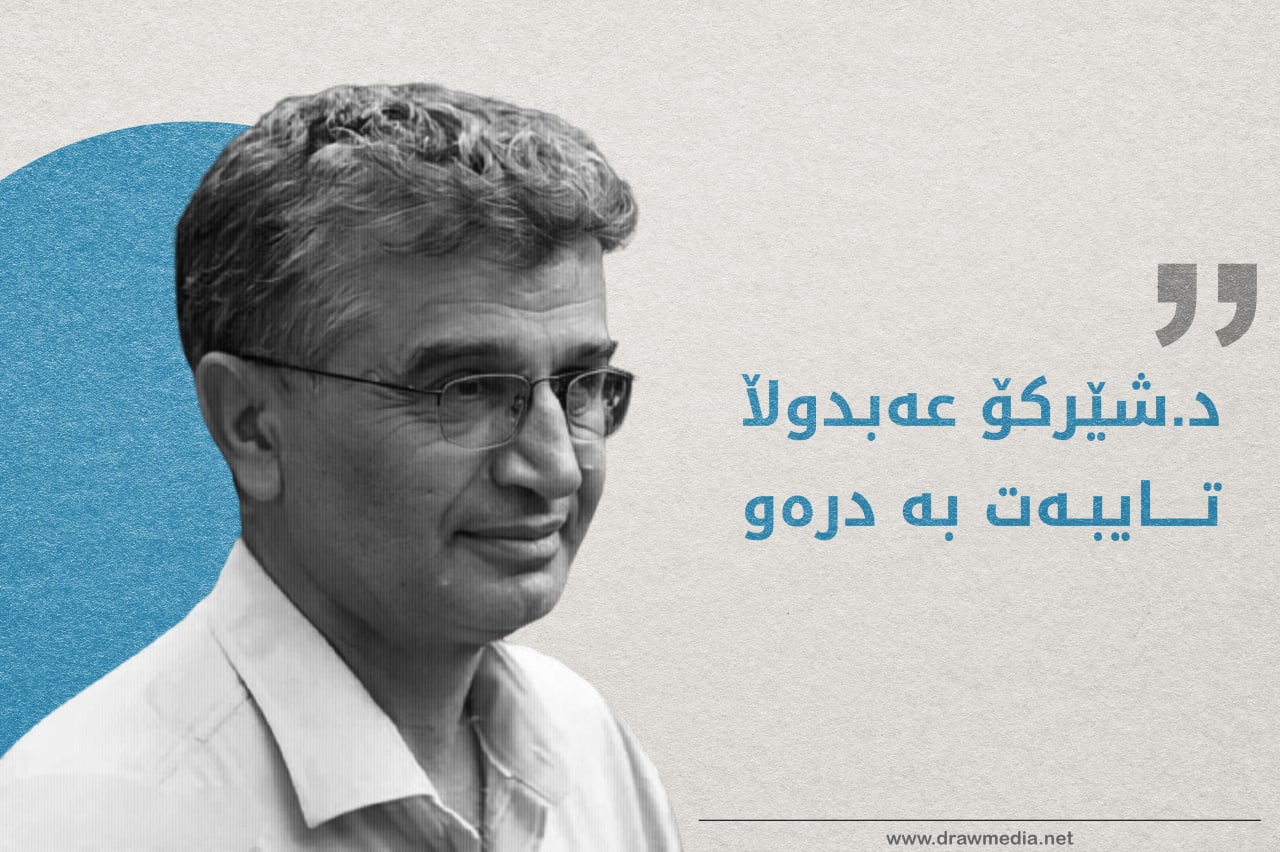Linking the Eastern Mediterranean and Gulf Energy Hubs: The Expanding US Strategic Role

2024-10-23 12:34:06
Bahrooz Jaafar
Exclusive Summary: The Eastern Mediterranean basin, encompassing Cyprus, Egypt, Greece, Israel, the Palestinian territories, Lebanon, Jordan, Syria, and Turkey, has emerged since the late 2000s as a focal point of energy competition, ideological struggles, historical conflicts, and rising regional ambitions. This region forms part of a broader geopolitical landscape where the interests of the United States, the European Union, Russia, and China intersect. Increasingly, the Eastern Mediterranean and the Gulf are merging into a single geopolitical sphere, becoming arenas for both regional competition and the influence of global powers, especially as the United States seeks to curtail the spread of Chinese dominance. Simultaneously, the wars in Ukraine and Gaza have crucial consequences for the global and regional order.
Security and Energy Dynamics in the Eastern Mediterranean
Since 2009, gas discoveries in the Eastern Mediterranean have sparked speculation about significant geopolitical shifts. These discoveries have transformed Israel from a gas importer to an exporter, elevated Cyprus as a regional energy player, and fostered a trilateral alliance between Greece, Israel, and Cyprus. To this effect, the Eastern Mediterranean Gas Forum (EMGF) was formed in 2019, which includes seven countries bordering the Eastern Mediterranean, along with the European Union, the United States, and the UAE as observers. Despite Turkey's significant regional presence and location in the Eastern Mediterranean, it has been excluded from these regional gas activities, intensifying regional tensions.
Notable gas fields such as Tamar (2009) and Leviathan (2010) in Israel's offshore borders, Aphrodite off the coast of Cyprus (2011), Zohr in Egypt (2015), and later discoveries like Calypso in Cyprus and Karish in Israel, raised hopes that these reserves would promote economic cooperation and ease political tensions. However, this optimism has not appropriately materialized. Geopolitical tensions persist due to overlapping maritime claims and border disputes, especially between Lebanon and Israel, the ongoing Israel- Palestine conflicts, as well as Turkey’s incursions into Greek waters, and the unsolved Cyprus problem. These issues, involving both sovereign rights and economic interests, continue to impede economic cooperation. Turkey’s refusal to recognize Cyprus’ sovereignty further exacerbates the geopolitical tensions.
Since 2018, there have been plans to build a 1,900-kilometer underwater gas pipeline from the Cypriot and Israeli gas fields to the Greek island of Crete, with a projected completion date of 2025. However, this project has encountered a range of geopolitical, financial, and environmental challenges. The purpose of this pipeline is to reduce Europe's reliance on Russian gas by transporting 9-12 billion cubic meters annually, which would cover about 10% of Europe's energy needs. The Eastern Mediterranean is also expected to be a key region for Europe's security and energy strategy.
It is essential to remember that the Mediterranean basin is not solely a hub for oil and gas extraction and export. Beyond its role in trade and economic activities, the region is intricately linked to Europe's security landscape. Millions of migrants from the Middle East and North Africa cross the Mediterranean to reach Europe, contributing to a migration crisis that has fueled identity struggles across the continent. This issue has played a key role in the electoral success of right-wing and populist parties in several European countries.
The Missing Link in the BRI: Connecting the Gulf to the Eastern Mediterranean
The Gulf’s engagement in Eastern Mediterranean affairs has played a pivotal role in shaping recent developments, particularly through the participation of the Gulf's national oil companies. These companies have spearheaded the Gulf Arab states’ increasing presence in the region as part of their internationalization strategies. Among the three Gulf powers, the UAE has taken the lead in establishing a significant role in the Eastern Mediterranean. Its involvement in Libya and Egypt, alongside its deepening ties with Cyprus and Greece, highlights this strategic focus.
The Abraham Accords, signed with Israel in 2020, further cemented the UAE's influence in the Eastern Mediterranean, blending both soft and hard power strategies during this period. The Abu Dhabi National Oil Company (ADNOC) and Mubadala Petroleum, both based in Abu Dhabi, have been at the forefront of the UAE's bid to secure a dominant position in the Eastern Mediterranean energy sector. In September 2021, Mubadala Petroleum acquired a 22% stake in Israel’s Tamar gas field for $1 billion. Additionally, Mubadala owns 10% of Egypt’s largest gas field, Zohr. In February 2023, ADNOC Distribution, the UAE’s largest fuel and service retailer, purchased a 50% stake in TotalEnergies Egypt, marking Abu Dhabi’s significant entry into Egypt as part of its broader regional expansion plans.
Moreover, ADNOC is actively partnering with BP to develop new gas fields in the Mediterranean, and both companies have agreed to purchase New Med, the largest shareholder in Israel’s Leviathan gas field. Although the ongoing Gaza war complicates the deal, the UAE’s ambitions remain evident. Its policy starkly contrasts with that of Iran and its allied groups in the region, as well as with the Muslim Brotherhood, of which Hamas is a part.
In February 2024, Egyptian officials signed a $35 billion agreement with the UAE to develop the Ras al-Hikma resort on Egypt's north coast. This deal provided a crucial boost to Egypt's struggling economy by injecting much-needed foreign currency, which led to a sharp decline in black-market activity amid Egypt’s currency and economic crisis. The project also promises to increase Gulf tourism and wealth flows to these coastal areas.
In my latest book, Deciphering the Eastern Mediterranean's Hydrocarbon Dynamics: Unraveling Regional Shifts (published by Emerald Group Publishing in Europe and the United States), I explore these developments in detail. I argue that not all economic and security issues in the region are tied solely to oil and gas. Instead, these factors form part of a broader geopolitical shift in which both the Gulf states and Israel pursue their agendas. Natural gas has indeed become a central issue in international relations, especially in light of the Ukraine war. Although the majority of cars in Europe are battery-powered and the world as a whole has turned to clean energy, we are now in the energy transition phase, but oil and gas still dominate the global economic market.
Before and after the Ukraine war, the European Union has clarified that it aims to replace Russian gas with Eastern Mediterranean gas (from the reserves of Israel, Egypt, and Cyprus) to reduce the West's dependence on Russian energy. As a result, the Eastern Mediterranean region needs to promote greater integration with the energy-rich Gulf states. While progress has been made, the ongoing Gaza war and the presence of Militia forces aligned with Iran in the region could complicate this effort. Moreover, as the war in Ukraine continues, Russia may increasingly align itself with Iran's interests in the region.
Meanwhile, the Belt and Road Initiative (BRI), also known in China as One Belt, One Road, or the New Silk Road, is a global infrastructure development strategy adopted by the Chinese government in 2013. It aims to invest in more than 150 countries and international organizations. According to the 2024 report from the Center for Finance and Green Development, based on official Chinese media, by April 2023, a total of 149 countries (including China) had signed agreements to join China's Belt and Road Initiative.
China has strengthened its strategic and economic relationships in the Gulf, with economic ties between China and the Gulf Cooperation Council (GCC) increasing by 140 percent between 2015 and 2022. According to Commerce and Industry Minister Sheikh Mohammed bin Hamad Bin Qassim Al-Sani, who led a Qatari delegation to a conference in Xiamen, China, on May 23, 2024, titled "Embracing the Future: Promoting Industrial Cooperation and High-Quality Investment between China and the GCC," trade between China and the GCC reached approximately $23.7 billion in 2023, with an expected growth rate of 3.7% in 2024.
China’s growing soft power in Asia, particularly in Iraq and the Gulf, poses a significant challenge to U.S. unipolar dominance. However, the Gulf, especially Saudi Arabia, the UAE, and Oman remains a cornerstone of U.S. and British policy in the region. These nations still rely on the U.S. for security, particularly against threats from Iran and pro-Iranian groups in the surrounding region. Connecting the Gulf to the Eastern Mediterranean will be part of a broader U.S. strategy to curb the expansion of Chinese influence in the Indo-Pacific region, which is anchored by U.S. partnerships with India, Japan, and Australia. Additionally, the expressway from the Port of Duqm to Saudi Arabia is nearing completion, as is Saudi Arabia’s access to the Mediterranean coast with the support of Jordan.
Conclusion
Many of the world's most complex problems are concentrated in the Eastern Mediterranean. These include the Palestinian-Israeli conflict, the Syrian crisis, the unresolved Cyprus dispute, which increases Turkey's involvement in the region, as well as issues like immigration, environmental degradation, the Lebanese conflict, and drug trafficking. In general, The war in Gaza is really matters for the Eastern- Mediterranean. Addressing these issues might require decisive action, though military solutions alone may not be sufficient.
In the Middle East, Israel, Iran, Turkey, and Saudi Arabia are considered the major regional powers. Turkey's collapsing economy limits its ability to project power or engage in conflict, as its internal economic challenges take precedence. This doesn't allow Turkey to enter a war abroad because they will face collapse inside. Meanwhile, the Gulf states, particularly Saudi Arabia and the UAE, are focused on diversifying their economies and continue to view Iran as a significant threat.
With strong support from the West, Israel is moving to keep the threats away posed by Hamas and Hezbollah, aiming to protect its key economic assets such as ports and gas fields. The Eastern Mediterranean holds immense strategic value for Western powers, and they seek a reliable and influential ally in the region -Israel fills this role. Therefore, ongoing conflict is inevitable, and it could be prolonged, given the resilience of groups like Hamas, Hezbollah, and the Houthis. These groups have shown the ability to recover and renew their activities after being targeted, posing recurring threats to U.S. and Israeli interests.
Bahrooz Jaafar holds a Ph.D. in International Relations from Cyprus International University, Nicosia. He is the founder and head of the Mediterranean Institute for Regional Studies. His latest academic book, “Deciphering the Eastern Mediterranean's Hydrocarbon Dynamics: Unraveling Regional Shifts,” was published by Emerald Group Publishing. Dr. Jaafar is originally from the Kurdistan Region of Iraq. Email: [email protected]







.png)
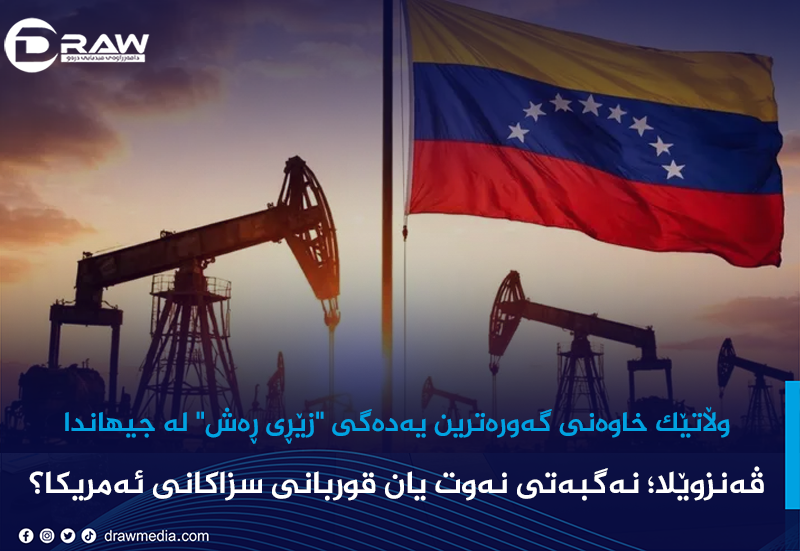
.png)
.png)
.png)
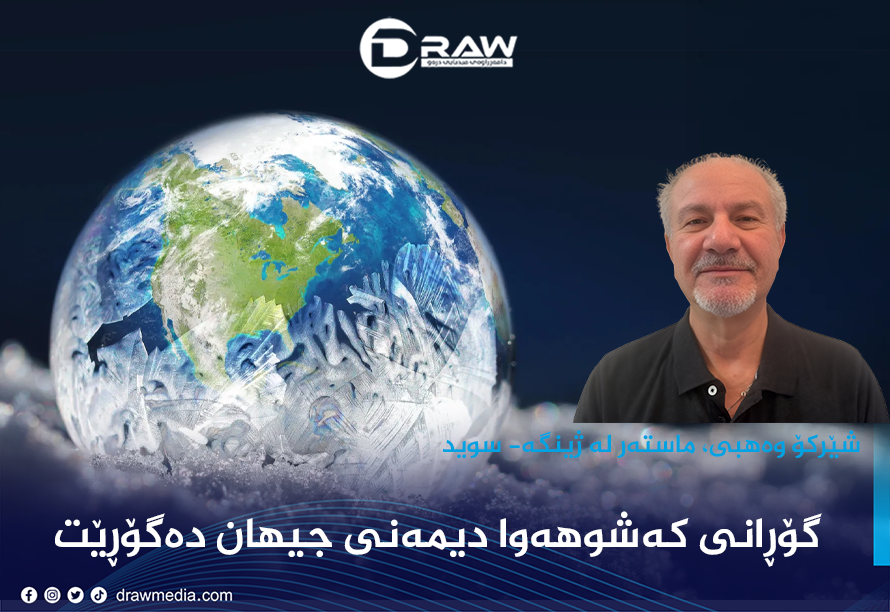
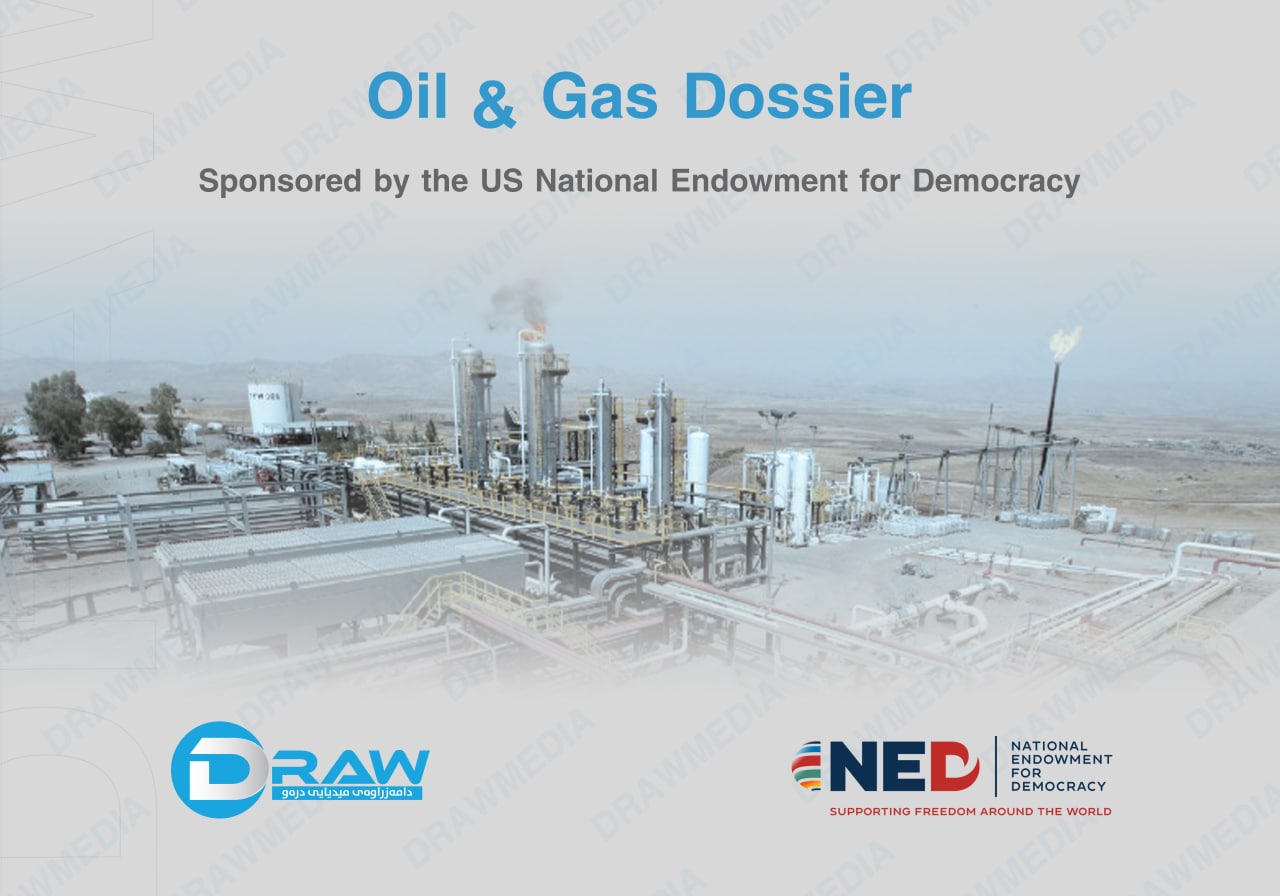
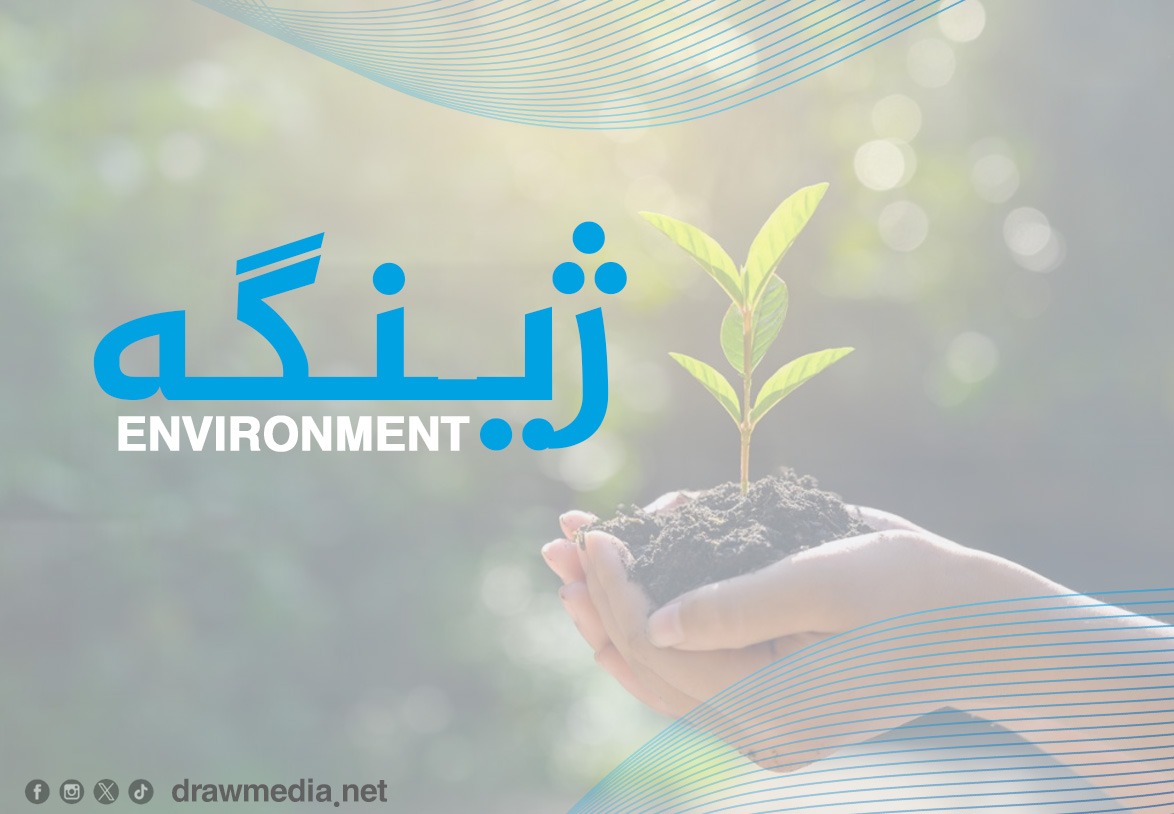
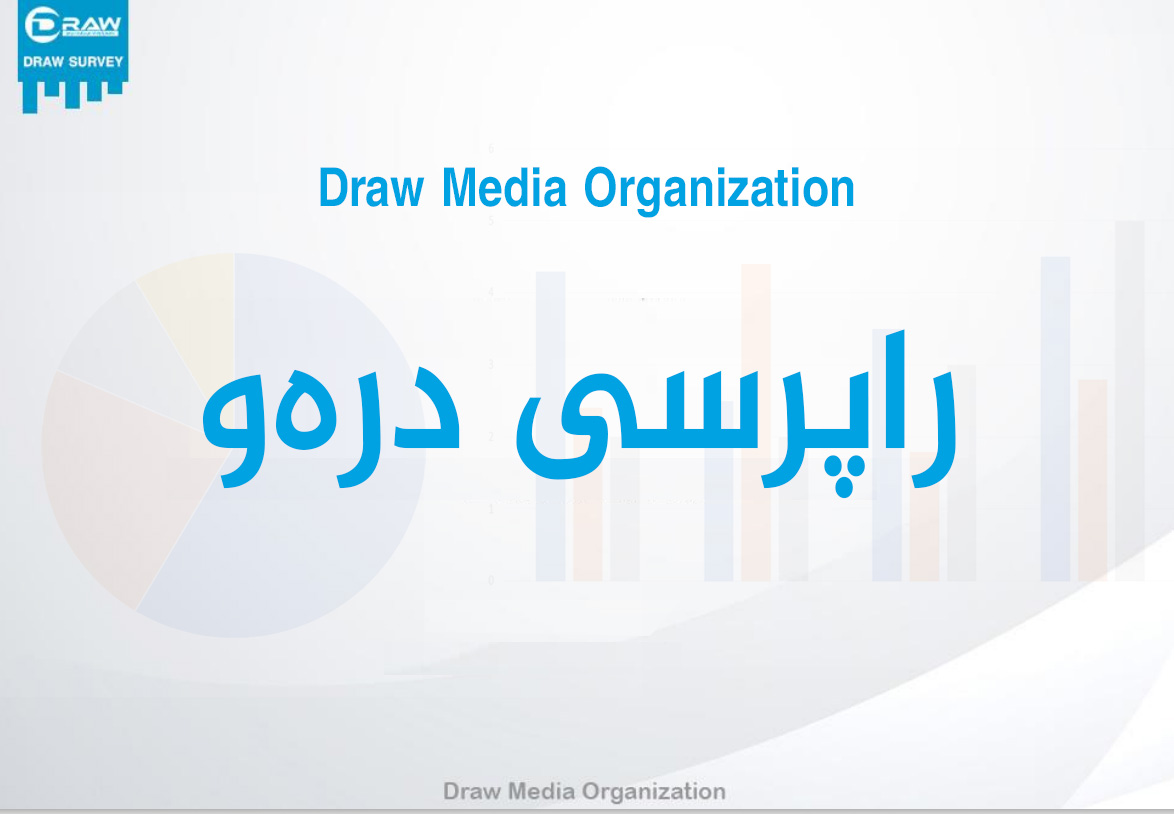
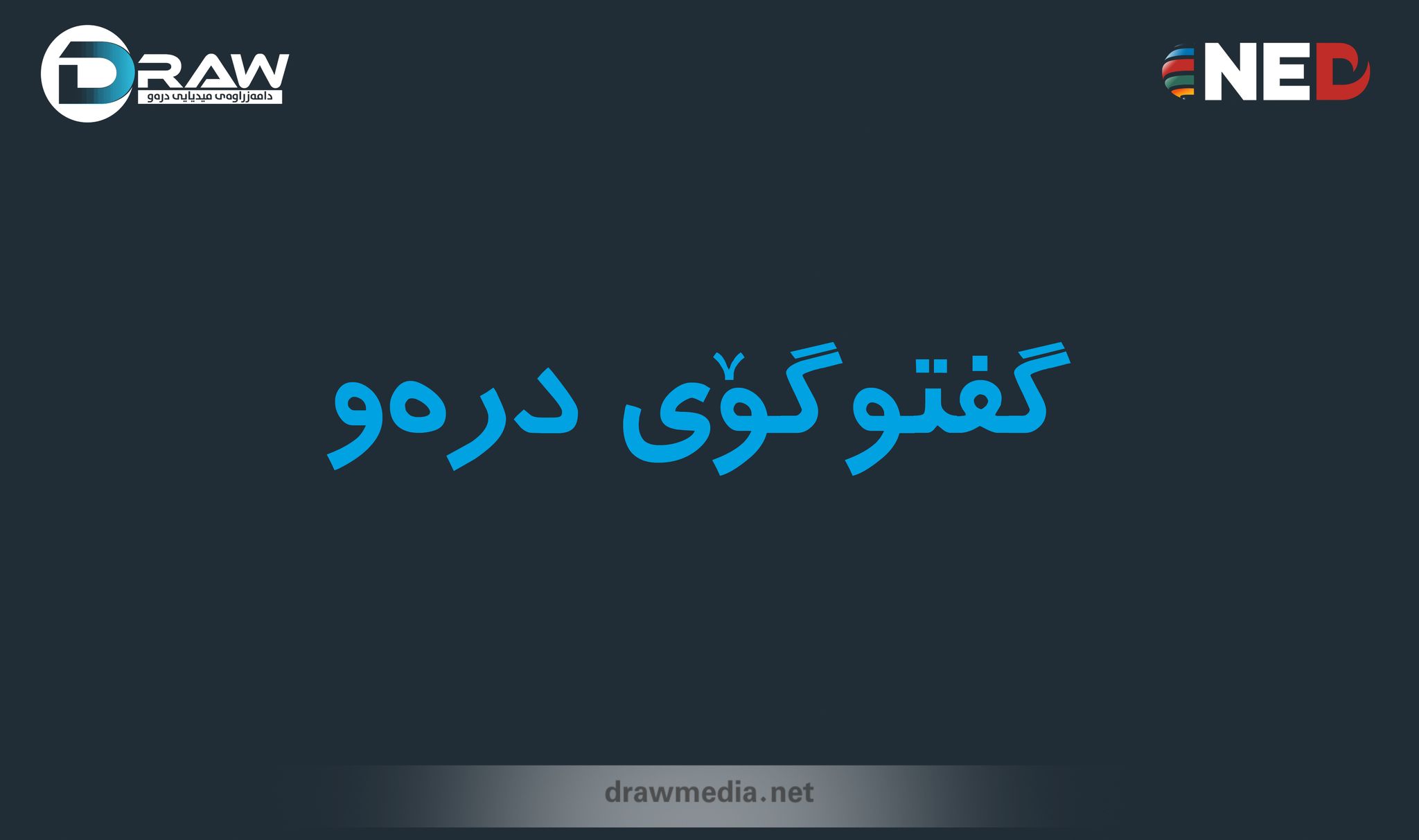
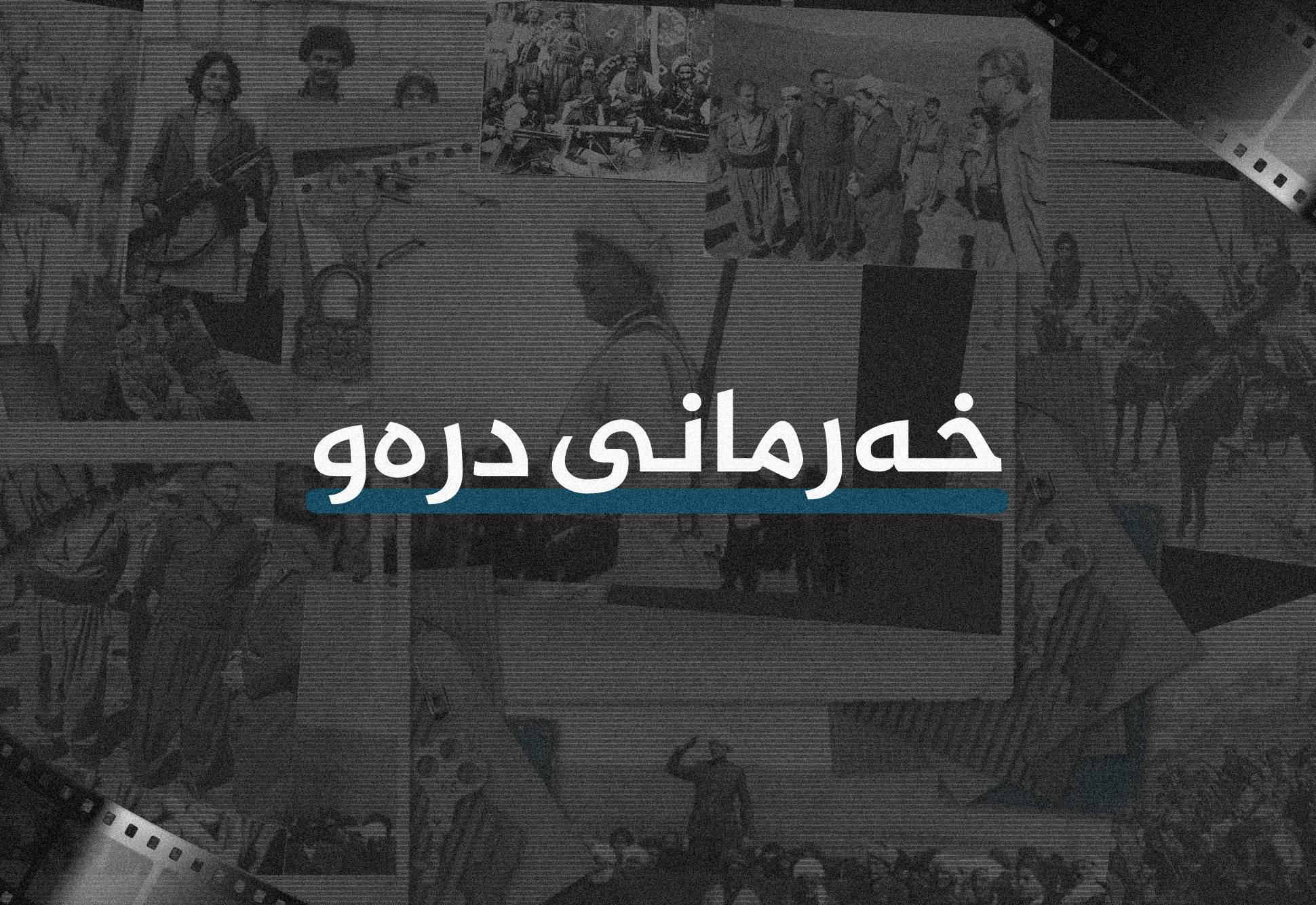
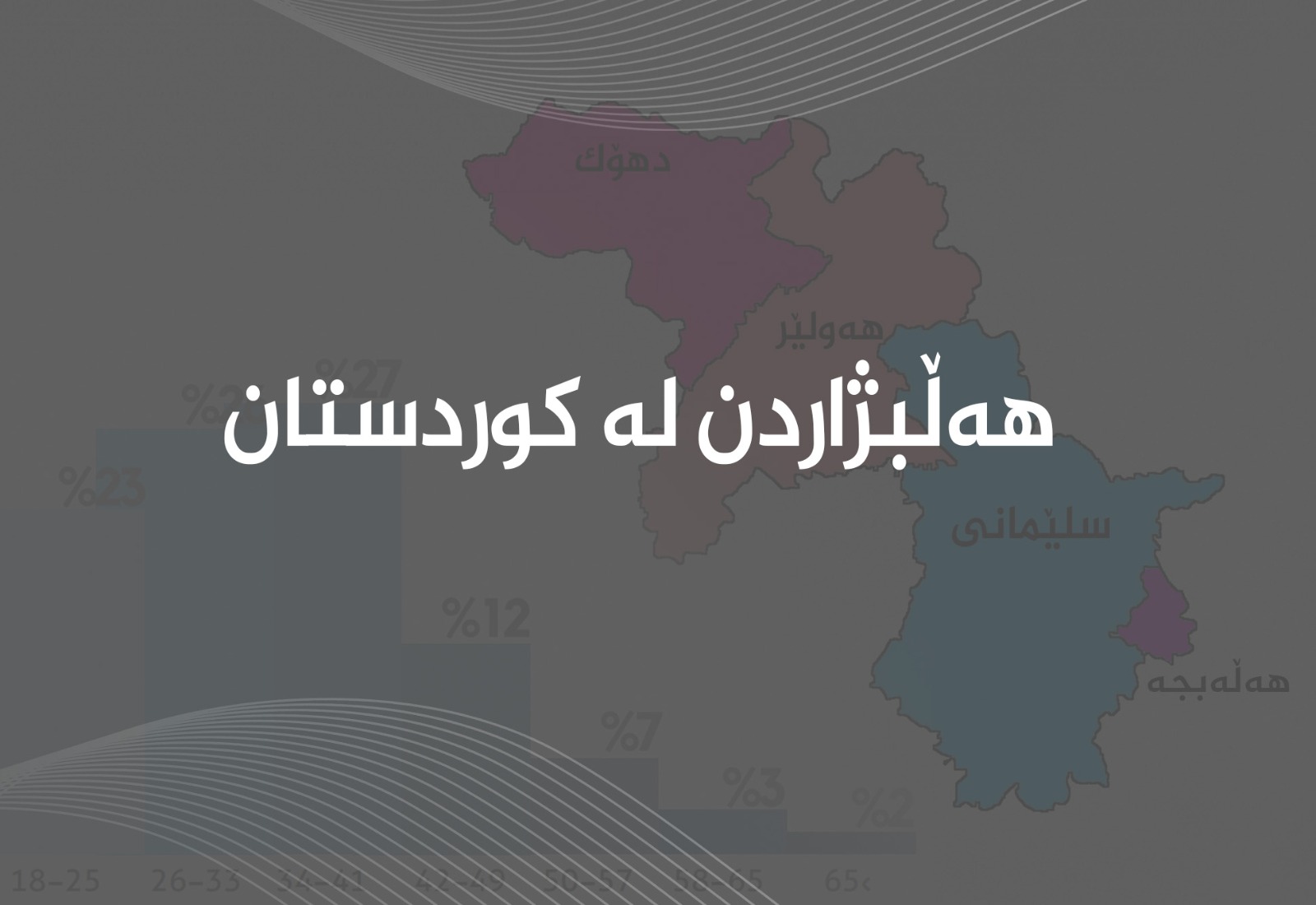
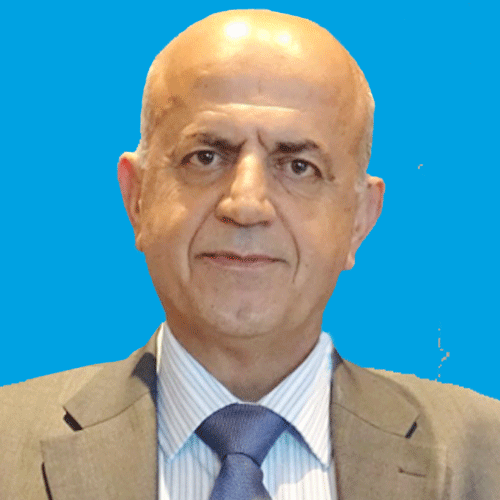
.png)
.png)
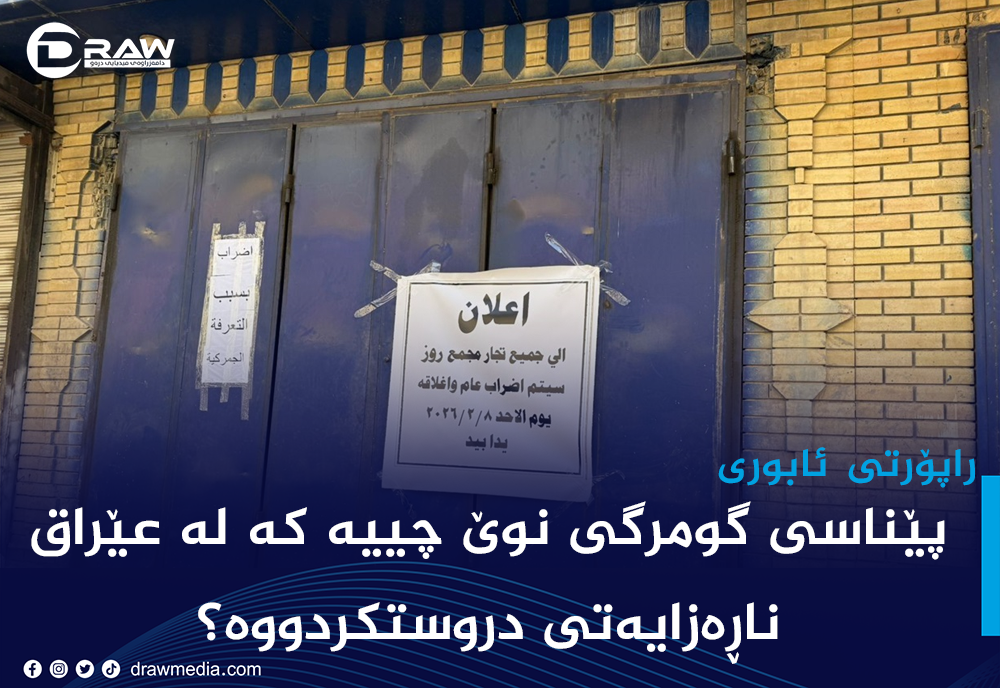
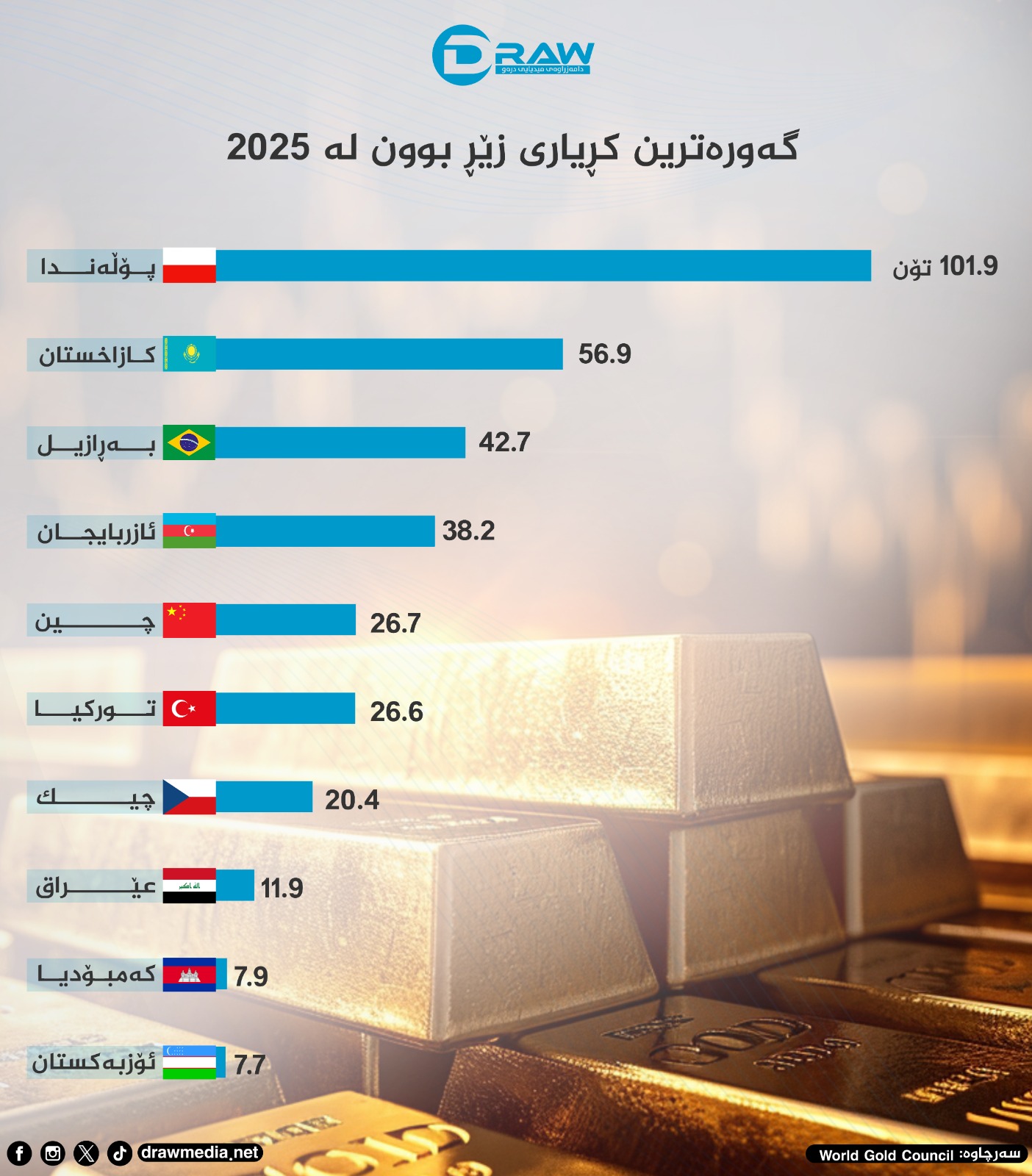
.png)
